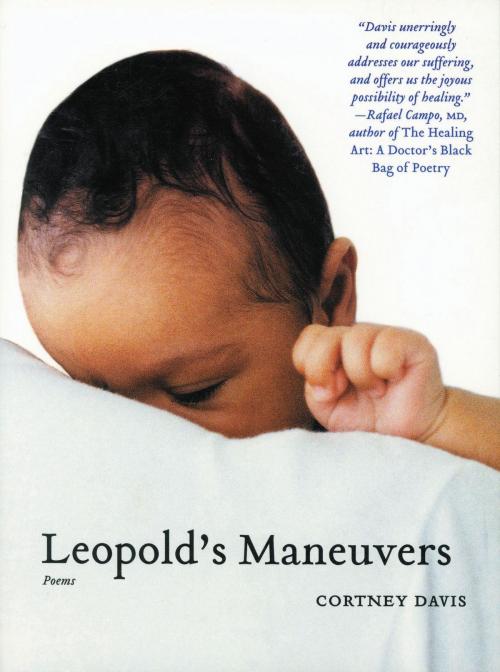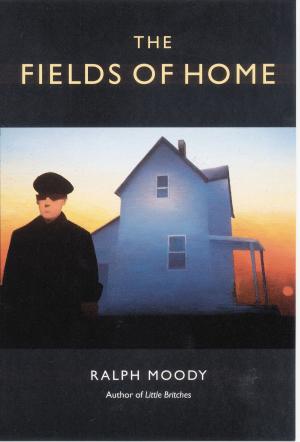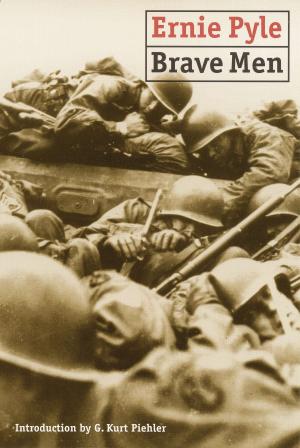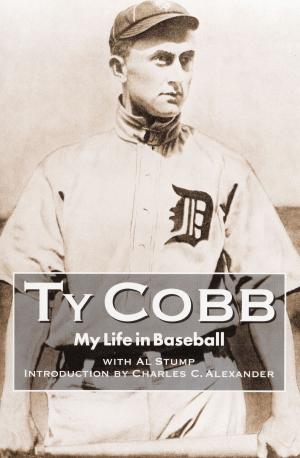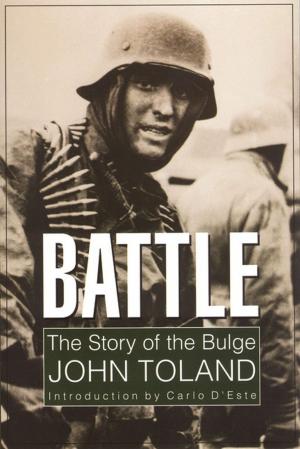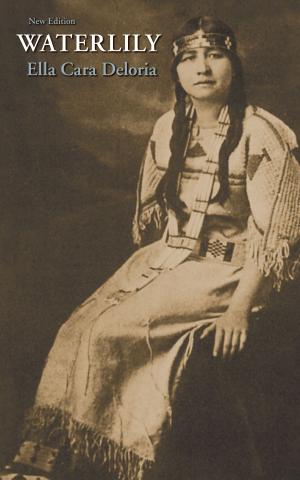| Author: | Cortney Davis | ISBN: | 9780803276673 |
| Publisher: | UNP - Nebraska | Publication: | August 1, 2014 |
| Imprint: | University of Nebraska Press | Language: | English |
| Author: | Cortney Davis |
| ISBN: | 9780803276673 |
| Publisher: | UNP - Nebraska |
| Publication: | August 1, 2014 |
| Imprint: | University of Nebraska Press |
| Language: | English |
In the venerable tradition of caregivers writing about the healing arts—a tradition peopled by the likes of Anton Chekhov, Walt Whitman, William Carlos Williams, Walker Percy, and Denise Levertov—Cortney Davis brings to poetry the experience, insight, and compassion of a nurse practitioner who daily confronts the unexpected frailties, passions, and power of the flesh.
Taking the body as her text, Davis crafts her poetry from the pains of labor and the joys of birth, the depredations of disease and the sustaining hope of recovery. She trains her clear, unflinching gaze on the unfolding scene—a woman shipwrecked with a stranger; an adult reinventing childhood; an ill woman rediscovering pleasure in her body; a nurse realizing, in one harrowing instant, that she is as vulnerable as her patients—unerringly finding the particular image, the human detail, that connects reader, writer, and subject with the world. Primal, compelling, intelligent, these poems show us how to see as clearly as the poet does, with empathy and grace.
In the venerable tradition of caregivers writing about the healing arts—a tradition peopled by the likes of Anton Chekhov, Walt Whitman, William Carlos Williams, Walker Percy, and Denise Levertov—Cortney Davis brings to poetry the experience, insight, and compassion of a nurse practitioner who daily confronts the unexpected frailties, passions, and power of the flesh.
Taking the body as her text, Davis crafts her poetry from the pains of labor and the joys of birth, the depredations of disease and the sustaining hope of recovery. She trains her clear, unflinching gaze on the unfolding scene—a woman shipwrecked with a stranger; an adult reinventing childhood; an ill woman rediscovering pleasure in her body; a nurse realizing, in one harrowing instant, that she is as vulnerable as her patients—unerringly finding the particular image, the human detail, that connects reader, writer, and subject with the world. Primal, compelling, intelligent, these poems show us how to see as clearly as the poet does, with empathy and grace.
